Dhaka, August 9 — Following significant unrest and violence during the recent anti-discrimination student movement, 361 police stations across Bangladesh have resumed operations under the directives of the Inspector General of Police (IGP). The IGP's instructions came after widespread attacks on police stations and other law enforcement facilities across the country.
As of Friday night, 70 out of 110 metropolitan police stations and 291 out of 529 police stations in various districts have begun functioning again. This marks a significant step towards restoring law and order after the severe disruptions caused by the movement.
During the unrest, several police stations were attacked, set ablaze, and looted. The violence also resulted in the tragic loss of life among law enforcement personnel and extensive damage to property. In the wake of these events, many police stations were left unstaffed, and the police force faced severe challenges in maintaining order.
In response to the crisis, a reshuffle occurred at the highest levels of the police leadership, with the IGP directing all police officers to return to their posts by Thursday evening. To further stabilize the situation, the heads of various forces, including the armed forces, have committed to taking strong measures to curb the ongoing anarchy and violence.
The Bangladesh Army has played a crucial role in maintaining security, deploying personnel across 58 districts through 206 camps. The Inter-Services Public Relations (ISPR) reported on Friday that the army successfully thwarted attempts by prisoners to escape from Jamalpur Central Jail and Chittagong Central Jail, securing weapons and ammunition in the process.
The army has also been active in preventing vandalism and looting in various parts of the country, including protecting a temple in Noakhali from attacks by miscreants, ensuring the safety of the minority community.
Border Guard Bangladesh (BGB) has also resumed normal operations in the Rangpur and Khulna ranges, with 21 police stations in these border regions functioning under military supervision.
These efforts represent a coordinated attempt by the security forces to restore order and protect critical infrastructure and public safety amid the ongoing national crisis.



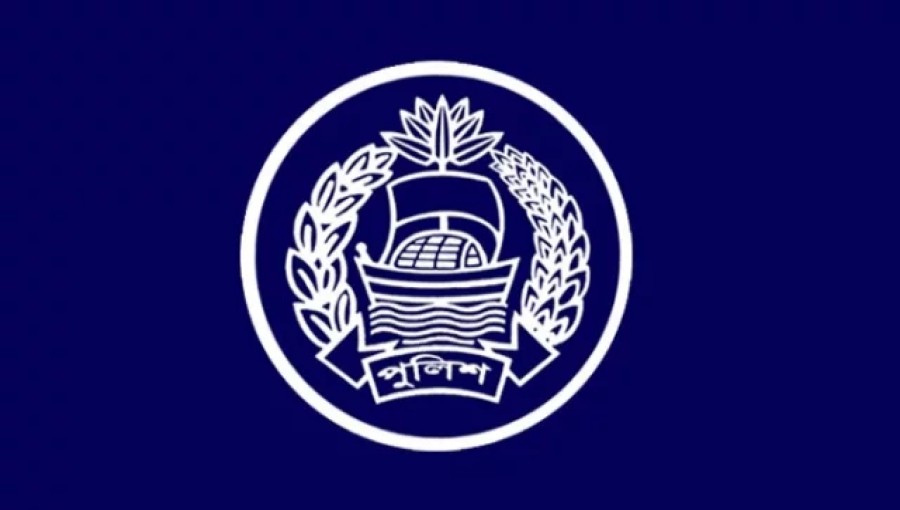


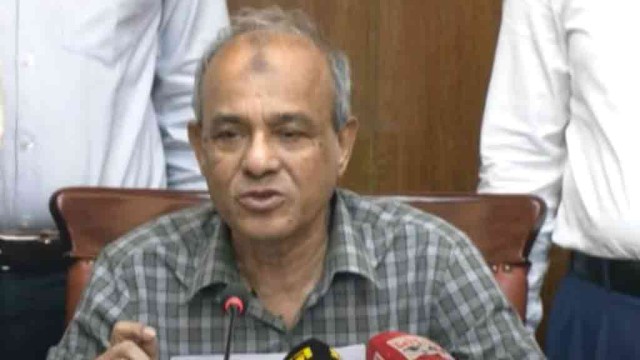

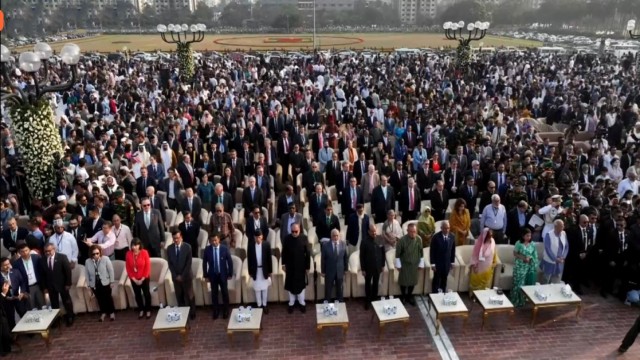






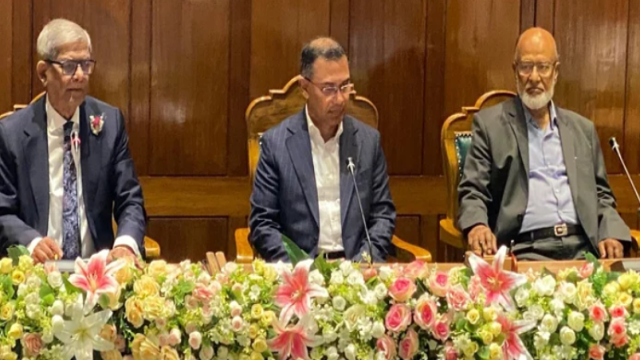
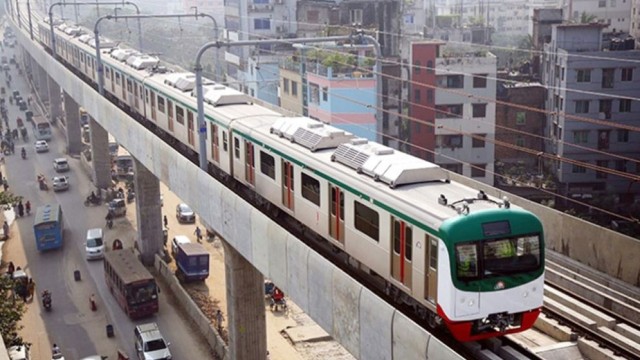











Comment: